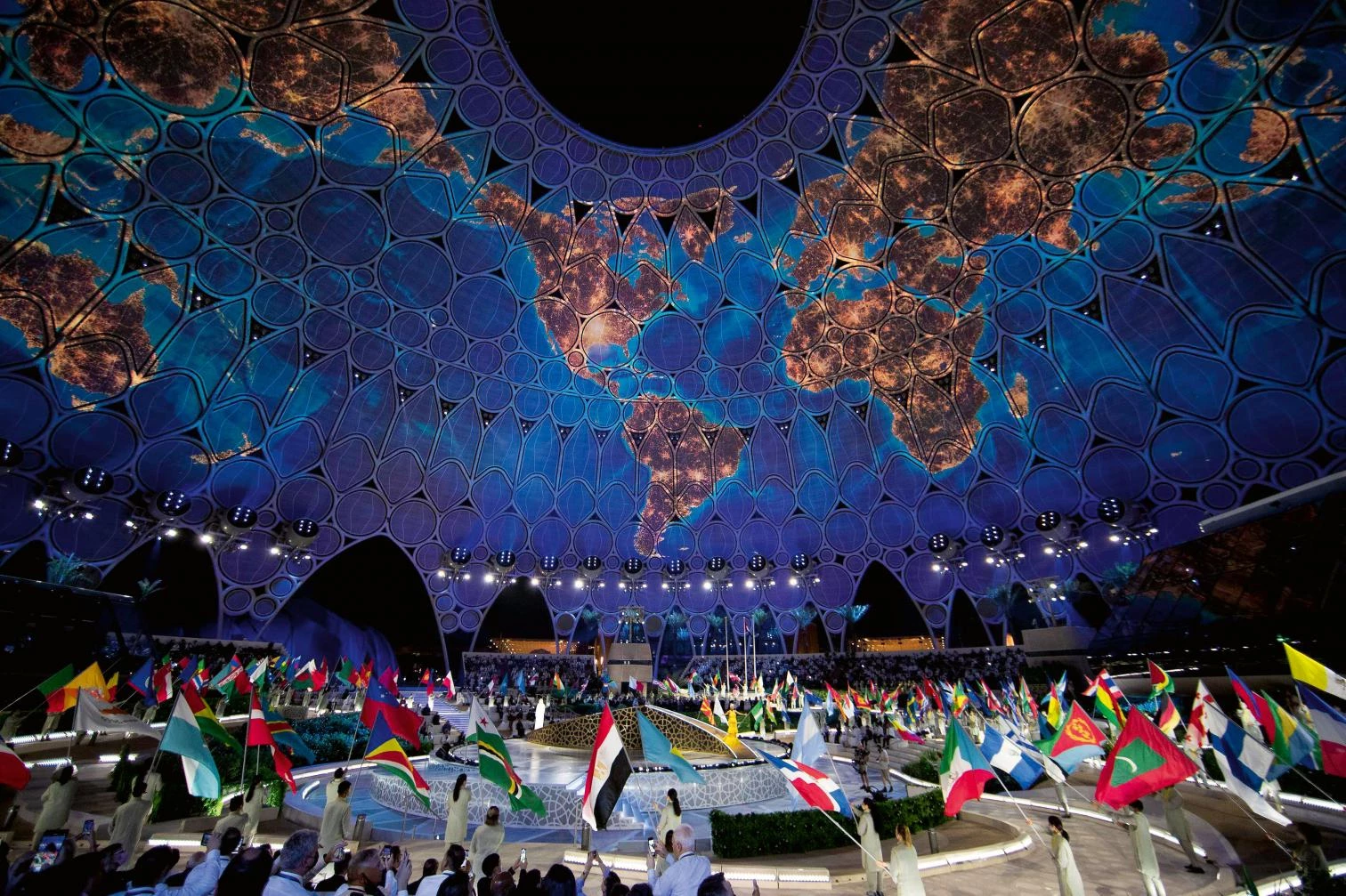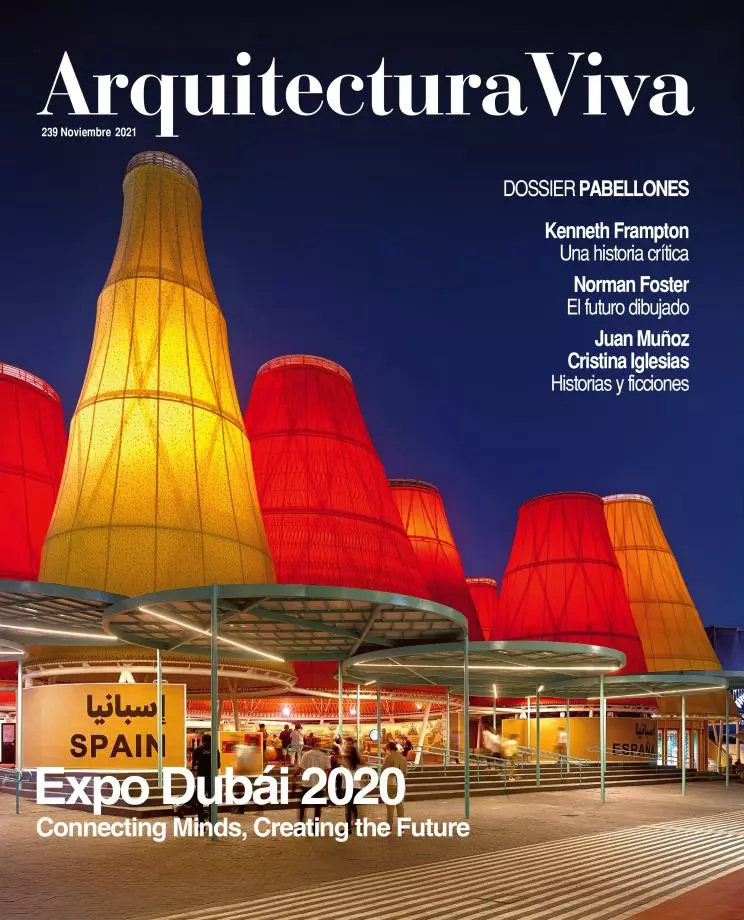
Humanity faces three tragic transits: the geopolitical transit, from the hegemony of the West to the struggle between the United States and China; the energy transit, from fossil fuels to renewable sources, to mitigate the impact of climate change; and the technological transit to digitalized societies, in the dark shadow of artificial intelligence. The three shifts are seriously affecting Europe, disoriented and rendered helpless on the new military and diplomatic gameboard, extremely dependent in the energy field, and lacking large technology firms; hitting even more Spain, unable to identify its national interests and absent from decision-making spheres, threatened in its fuel supplies and susceptible to migratory pressures brought on by global-warming-caused famines, and delayed in digitalizing its administrations and businesses; and afflicting even the building sector, shaken by the fracture of logistical structures after the deceleration of globalization during the pandemic, subjected to electricity bills increasing the cost of materials, and still incapable of reconciling the computerization of its processes with architectural and urbanistic quality.
In a Hobbesian world where each country pursues its interests regardless of ideological affinities, the withdrawal from Afghanistan on one hand, and Aukus – the pact between Australia, the United Kingdom, and the United States to ensure security in the Indo-Pacific – on the other, have been two brutal wake-up calls for a lethargic, self-absorbed Europe, which watches how Biden follows the footsteps of Trump, reconstructing the Anglosphere in Brexit’s wake and marginalizing European democracies in its efforts to contain China, encapsulated in the strategic dialogue of Quad (US, India, Japan, and Australia) and the intelligence alliance of the Five Eyes (US, UK, Canada, Australia, and New Zealand). In the energy field, using natural gas as fuel in the transition from coal and oil to solar and wind power has presented its dangers, stressing Europe’s vulnerability in the face of Russian and Algerian supplies, with the increase of costs caused by the political problems of gas pipelines, and the scarcity of methane tankers that can transport liquefied natural gas, and all this has rekindled the debate on nuclear energy, besieged by accidents and the disposal of waste, but perhaps the only fast track to decarbonization and thus the only way to curb the destabilizing effects of climate change, with the scarcity of water and food that would lead to uncontrolled migrations and military conflicts. As for the unstoppable digitalization of the planet, the advantages of efficiency, exhaustive information, and instantaneous response are offset by the threat of cyberattacks, the dissolution of privacy, and the expropriation of data, not to mention the elephant in the room, the transhuman governance of artificial intelligence.
But perhaps neither the shift of the center of economic and military gravity to the Pacific, nor the energy shock that has called into question the political viability of the 2030 agenda, nor the whirling digital transformation of production and communication – the three transits currently shaking the foundations of our world – can compare in magnitude with the fragmentation of an ecumene that cracks into self-withdrawn parts, the polarization of societies in the context of an ever growing detachment between populations and elites, and the debunking of the mechanisms of democratic debate to arbitrate conflicts. The erosion of institutions of governance unfolds, moreover, parallel to the degradation of instruments for verifying objective realities, preventing decision-making mechanisms from being grounded on full knowledge of the environment they act upon, and making the transits a journey where experts and leaders who close their eyes steer multitudes blinded by affections or identities.





